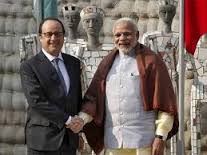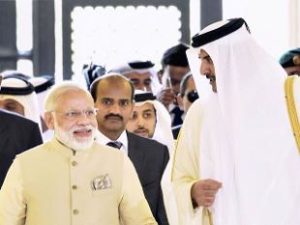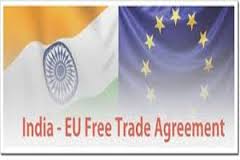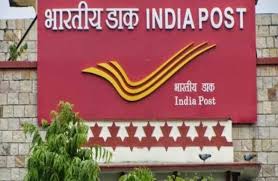 Indian tax authorities have resolved more than 100 cases of transfer prices with their US counterpart, involving companies from IT and ITeS sectors, in a move expected to give a boost to investment flows into the country.
Indian tax authorities have resolved more than 100 cases of transfer prices with their US counterpart, involving companies from IT and ITeS sectors, in a move expected to give a boost to investment flows into the country.
The Central Board of Direct Taxes (CBDT) has said resolution of such issues follows the framework agreement signed with the US revenue authorities in January last year as part of the Mutual Agreement Procedure (MAP).
The framework will cover about 200 transfer pricing disputes involving US companies.
“More than 100 cases have already been resolved and some more are expected to be resolved before the end of this fiscal,” the CBDT said in a statement on Thursday.
The agreement with the US was finalised under the MAP provision in the India-USA Double Taxation Avoidance Convention.
It further said MAP programmes with other countries such as Japan and the UK are progressing well with regular meetings and resolution of past issues.
The CBDT said a combination of a robust advance pricing agreement (APA) programme and a streamlined MAP would be helpful in creating “an environment of tax certainty and encourage MNCs to do business in India”.
Earlier, the US bilateral APA programme was not applicable to India. “The success of the framework agreement in a short period of one year has led to US revenue authorities opening up their bilateral APA programme to India. The US is expected to begin accepting bilateral APA applications shortly,” the CBDT said.
APA, which was introduced in the Income Tax Act in 2012, provides for signing of an agreement between a taxpayer and the Income Tax department on an appropriate transfer pricing methodology for determining the value of assets and ensuing taxes on intra-group overseas transactions.






